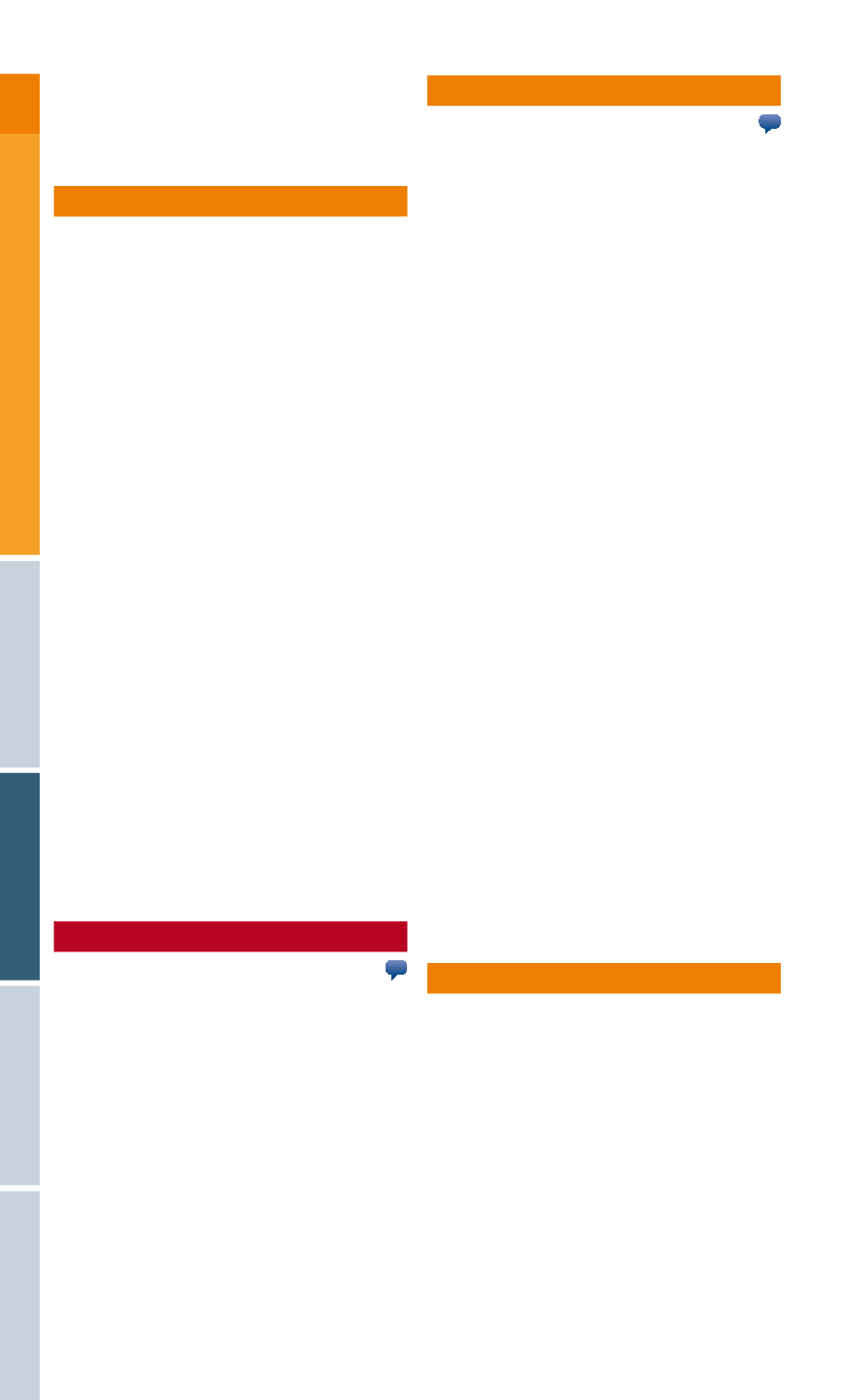

SCIENTIFIC PROGRAMME
286
WEDNESDAY
THURSDAY
FRIDAY
SATURDAY
004
Vascular hippocampal plasticity
after aerobic exercise in older adults
Emrah Düzel, London (United Kingdom)
S-075
Symposium
10.15– 11.45 h
|
Room Weimar 3
TOPIC 3:
Psychotic disorders, F2
Cognitive behaviour therapy for psycho-
sis: Evidence based efficacy and novel
approaches
Chairs:
Tilo Kircher, Marburg (Germany)
Steffen Moritz, Hamburg (Germany)
001
Who benefits from in-patient CBT
and why?
Stefan Klingberg, Tübingen (Germany)
Janina Richter, Klaus Hesse
002
New results from Metacognitive
Training in Psychosis and future develop-
ments
Steffen Moritz, Hamburg (Germany)
003
Is Cognitive Behaviour Therapy
effective in bringing about a change in
delusions – and how can we improve it?
Stephanie Mehl, Marburg (Germany)
Dirk Werner, Tania Lincoln
004
Was ist die minimale Dosis von
kognitiver Verhaltenstherapie? Eine
Annäherung unter Berücksichtigung von
Therapieprozessdaten.
Tania Lincoln, Hamburg (Germany)
Björn Schlier
PL-02
Plenary Session
12.00– 13.00 h
|
Hall A6
TOPIC 3:
Psychotic disorders, F2
Pathogenic mechanisms in early psy-
chosis: implications for diagnosis and
treatment
Chairs:
Peter Falkai, Munich (Germany)
W. Wolfgang Fleischhacker, Innsbruck
(Austria)
Speaker:
Jeffrey A. Lieberman, New York
(USA)
Award ceremony:
DGPPN Award for Pharmacological
Research 2015
Laudatio:
Peter Falkai, Munich (Germany)
HS-13
Main Symposium
13.30– 15.00 h
|
Hall London 1
TOPIC 14:
Neurobiology and genetics
Induced pluripotent stem cells as models
for neuropsychiatric diseases
›
Section: Neurobiology and Genetics
Chairs:
Jürgen Deckert, Würzburg
(Germany)
Elisabeth Binder, Munich (Germany)
001
Promises and denials of cellular
reprograming – Reprogrammed patient
cells as a novel platform to analyze neu-
rological disorders
Frank Edenhofer, Würzburg (Germany)
002
Modeling brain malformations with
cerebral organoids derived from human
IPS cells
Silvia Cappello, Munich (Germany)
003
The link between impaired neuronal
differentiation and mitochondrial dys-
function in iPSCs derived from schizo-
phrenia patients
Dorit Ben-Shachar, Haifa (Israel)
Odile Robicsek, Rachel Karry, Eyal Asor
004
Development-dependent epigenetic
effects of glucocorticoids in a human
hippocampal progenitor cell line –
relevance for early adverse effects in
psychiatry
Janine Arloth, Munich (Germany)
Christoph Anacker, Torsten Klengel, Steffen
Sass, Nikola S. Mueller, Carmine M. Priante,
Elisabeth Binder
ST-12
State-of-the-Art-Symposium
13.30– 15.00 h
|
Room M2
TOPIC 3:
Psychotic disorders, F2
Psychotic Disorders
Chairs:
Peter Falkai, Munich (Germany)
Christoph Correll, Glen Oaks (USA)
001
Non-Pharmacological interventions
in schizophrenia: State of the Art and
further directions
Peter Falkai, Munich (Germany)
002
Pharmacotherapy for people with
schizophrenia: weighing the options
Christoph Correll, Glen Oaks (USA)



















